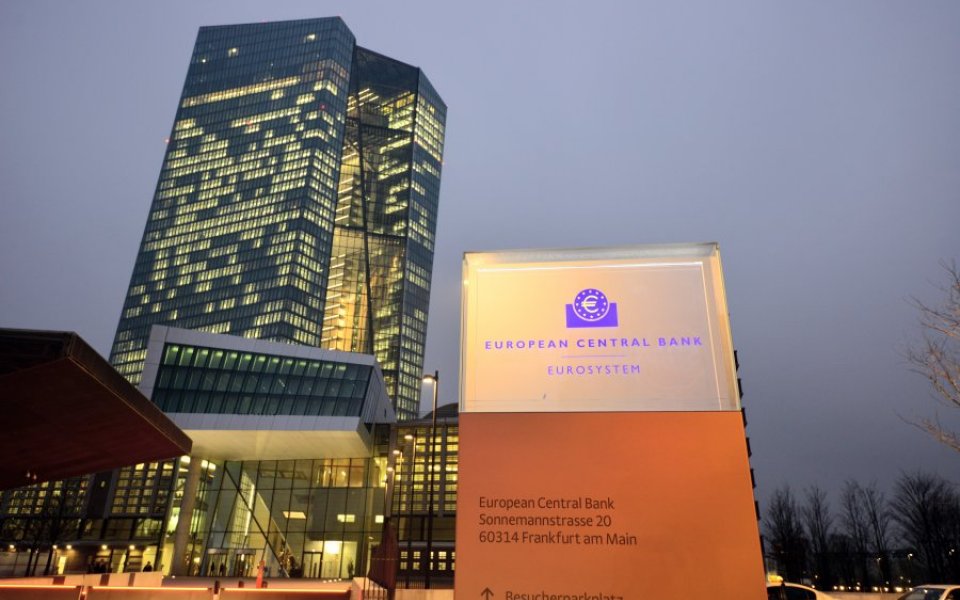European Central Bank policy makers divided on further easing as one suggests allowing inflation to overshoot

Rate setters at the European Central Bank were divided in their last meeting as to how they should respond to financial market turbulence and increased risks to growth.
Some members thought acting preemptively to mitigate rising risks to growth and inflation would be appropriate while others warned against it.
One member even suggested that the ECB should tolerate an overshoot in inflation when it eventually returns closer to target, according to the ECB's minutes published today.
The minutes said: "Views were exchanged about the appropriate way of dealing with increased risks and uncertainty. The point was made that, in a situation in which risks were predominantly on the downside and new downside risks were emerging, it would be preferable to act pre-emptively, taking emerging risks into account, rather than to wait until after risks had fully materialised."
"However, a remark was also made cautioning against adopting an explicit risk-based approach to monetary policy, driven mainly by “insurance” motives, given the difficulties in assessing, commonly agreeing and communicating on tail risks."
The committee agreed to leave the decision until the next meeting when the ECB's latest projections will be published. Economists expect them to be revised down, prompting a decision to cut interest rates from minus 0.2 per cent to minus 0.3 per cent or minus 0.4 per cent. It could also expand its €60bn a month asset purchase programme.
The minutes also revealed that at least one member believed the bank should announce it is happy to let inflation overshoot. The minutes said:
A view was put forward that "in order to counter misperceptions of an asymmetric interpretation and to underline the symmetry of the ECB’s mandate, it appeared logical from a medium-term perspective for the Governing Council, after a prolonged period of undershooting of its inflation aim, to consider a limited period of overshooting in future."
The ECB also said that the weakness in sterling against the euro was partly to do with an EU referendum and that this was affecting trade.
"Relevant factors in this context were heightened uncertainties about emerging market developments and potential changes in monetary policy expectations across the globe, as well as idiosyncratic factors such as market concerns about a “Brexit” and its impact on the pound sterling," the minutes said.